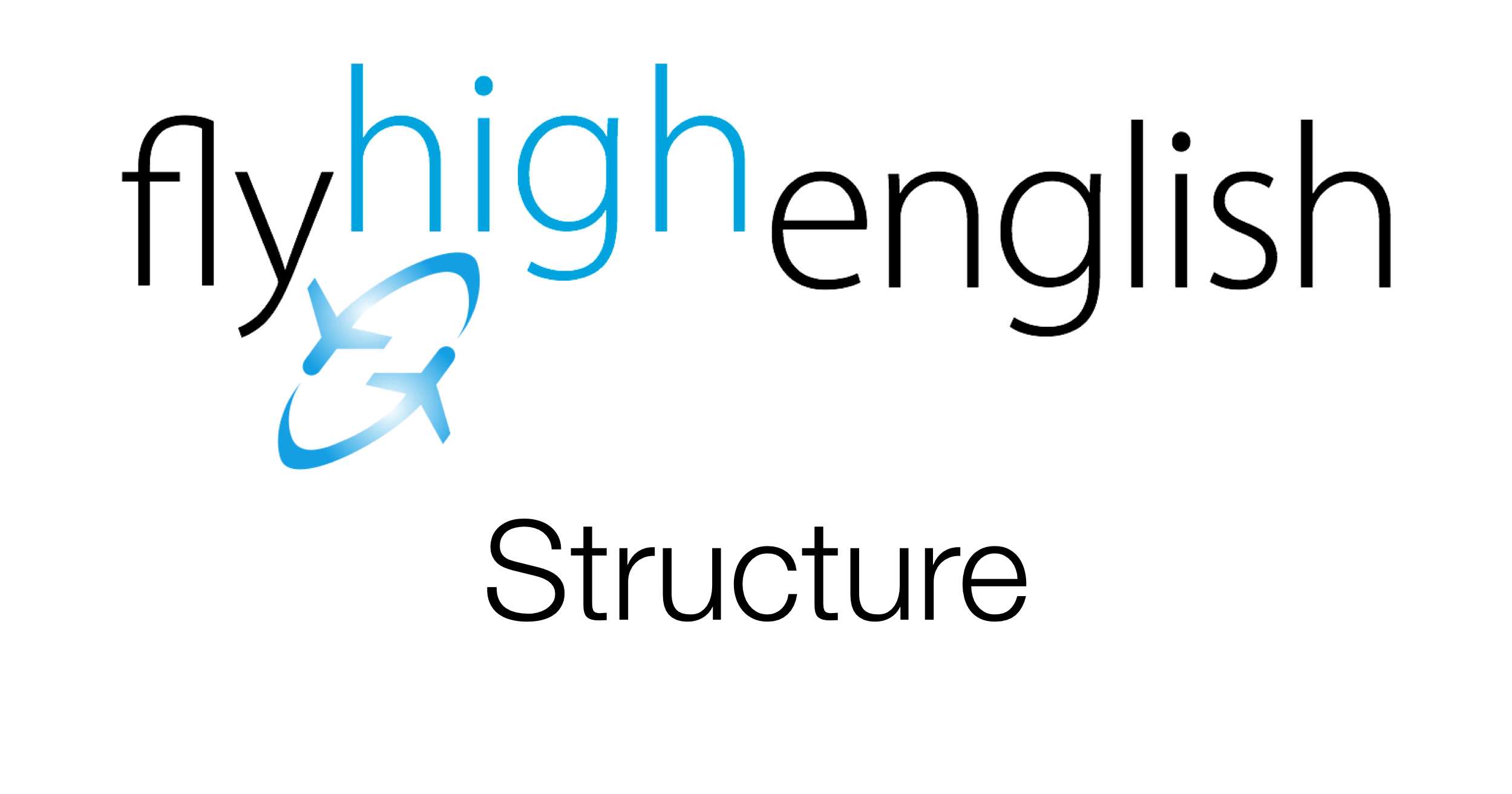
Using the present continuous
Form: subject + ‘be’ (in the present) + verb-ing (You are reading… He is living etc…)
Use: To talk about something in progress now, around now or something temporary.
eg You’re (you are) reading English (now). (something in progress now)
eg I’m reading a good book about the history of aviation. (perhaps not at this moment but around now)
eg He’s living close to the airport. (suggests a temporary action)
Advanced Use: We can use the present continuous to talk about organised future plans.
eg I’m flying on Sunday. (organised future plan – it’s organised by the airline)
eg I’m eating in that new restaurant tomorrow night. (you have a reservation so it’s organised)
Tip: For future plans we can also use ‘will‘ and ‘going to‘ so be sure you know the difference between these thee ways to talk about future plans.
Check the diagram below for its form and two situations when we need to use it.
Follow us on Twitter here or Facebook here for more great content!



